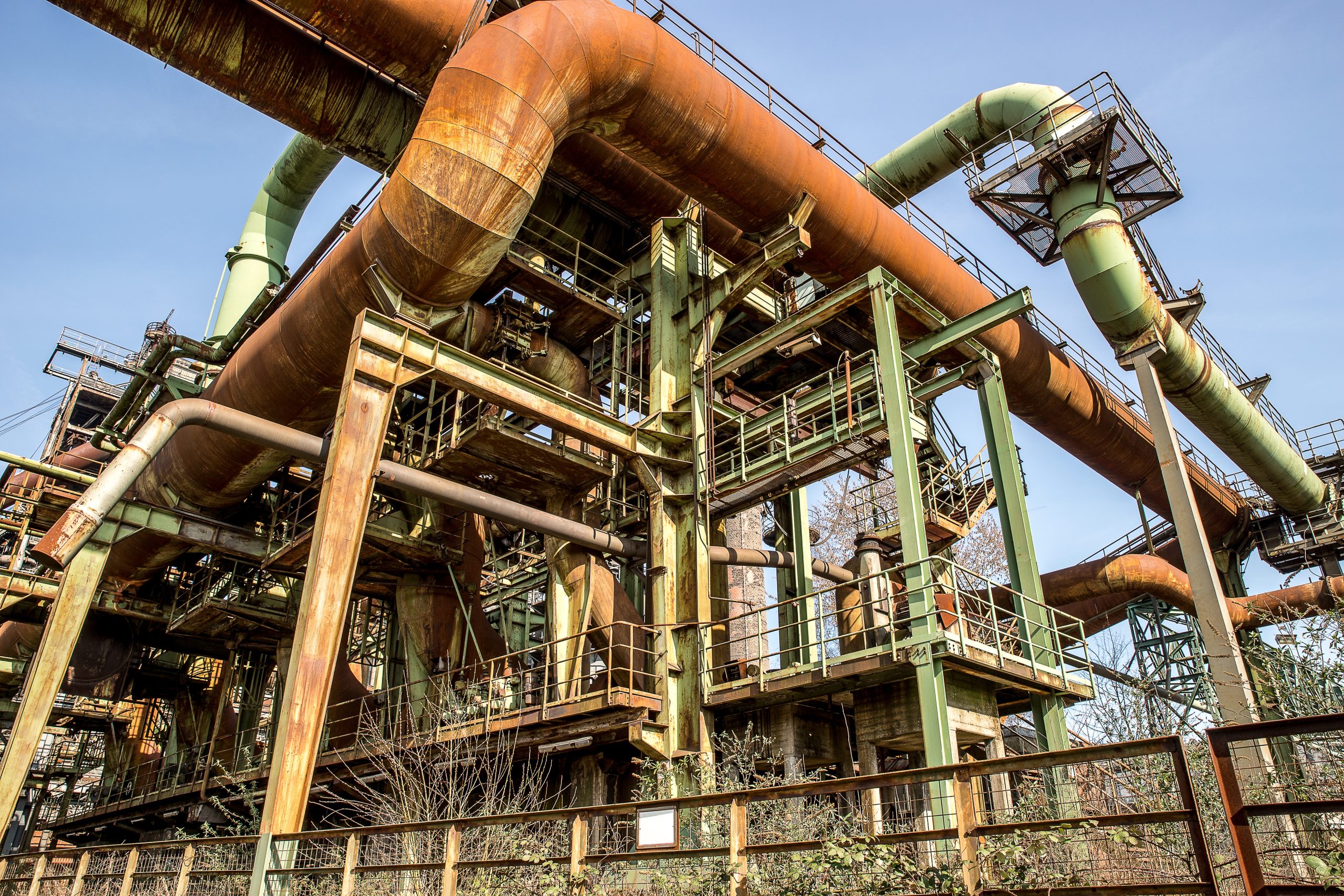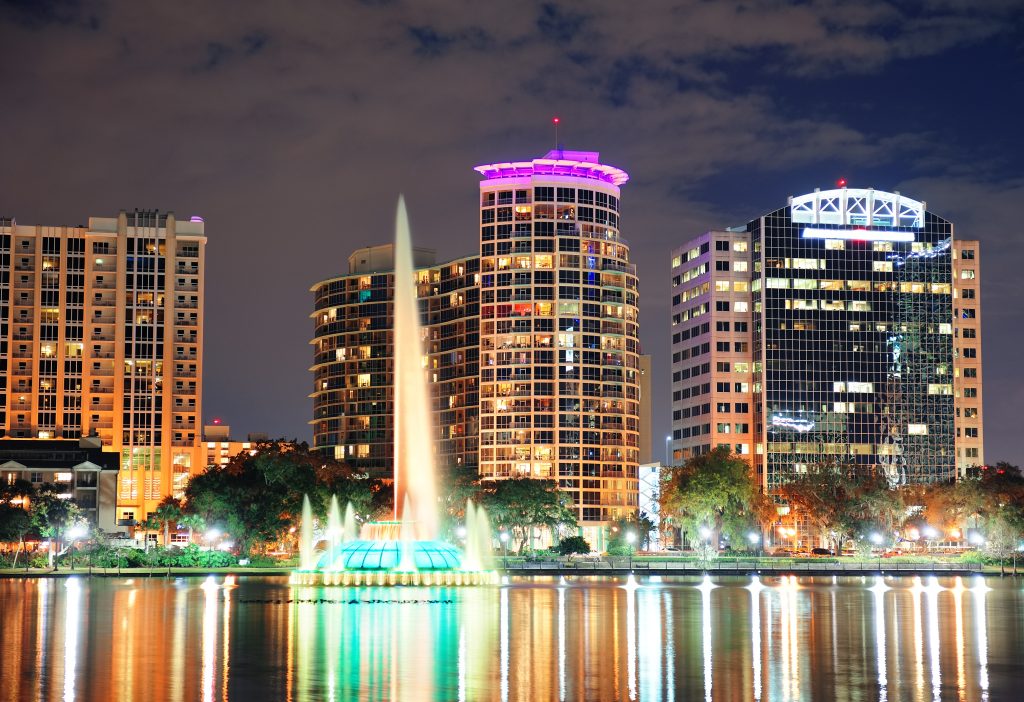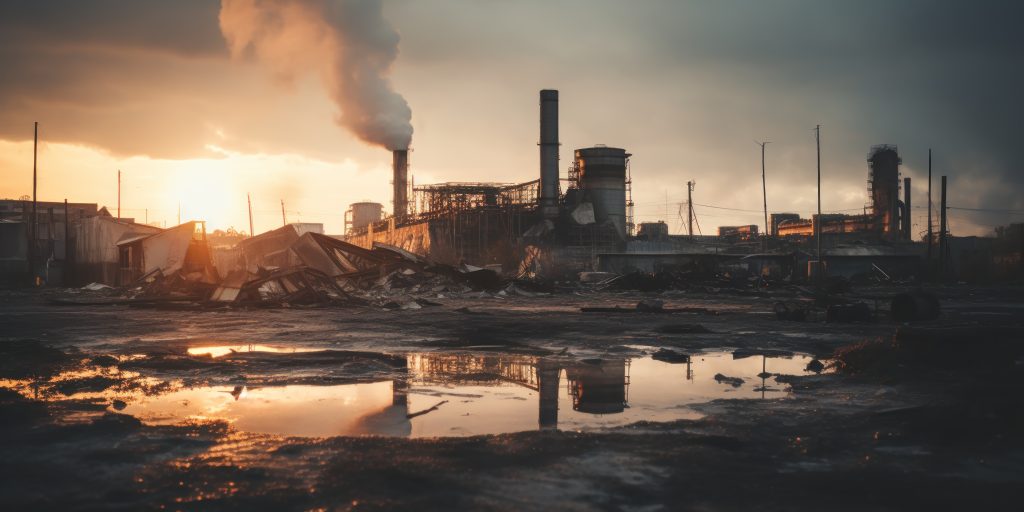
The relationship between industrialization and the environment is complex. On one hand, industrialization has fueled economic growth, technological advancements, and improved standards of living for millions of people around the world. On the other hand, industrial production has also resulted in significant environmental degradation, leading to negative impacts on human health and natural ecosystems.

The Industrial Revolution, characterized by the shift from manual labor to machine-based manufacturing, led to technological and social change. It was a point in history that transformed economies leading to the development of the modern world as we know it today.
The Industrial Revolution catapulted rapid development. The growth of industries across our nation created high demand for labor resulting in massive urbanization. People moved from rural areas to cities in search of employment opportunities. This dramatic shift created the number one main environmental impact of the industrial revolution which was air pollution. Many industries throughout the years released various gases and particles into the atmosphere, such as carbon dioxide and other toxins which caused human health issues.
Another major environmental hurdle for industrial facilities is stormwater management. Stormwater runoff within the exterior borders of an industrial facility can pick up pollutants, including heavy metals, chemicals, oils, greases, sediments, and nutrients. These pollutants can be transported into local rivers, lakes, and other water bodies, impacting water quality.
Federal and state regulations have strict enforcement on industrial facilities associated with the environment. Today, we still see an increase in industrial facilities producing vast amounts of waste and pollution. Improper disposal can contaminate soil and water introducing health risks to humans and wildlife.

To address stormwater, the Environmental Protection Agency (EPA) has established regulations that require certain industries to obtain permits for their stormwater discharges. These permits require certain industrial facilities to implement best management practices (BMPs) to minimize pollutants in their stormwater runoff. BMPs contribute to protecting and improving overall water quality in receiving bodies of water near a the facilities bondaries such as rivers, lakes, and streams.
It is crucial that we address the environmental challenges we face today and work towards a sustainable future for all. Industrialization may have brought many benefits, but we can no longer ignore the costs it has had on our ecosystem. The industrial revolution played a crucial role in human development, but it has also caused significant environmental damage. As we move forward, it is important to strike a balance between industrial growth and environmental protection, so that future generations can benefit from both economic prosperity and a healthy living environment.
KCI is an expert in Industrial stormwater compliance and management. We are trained to effectively help you monitor and evaluate stormwater discharge. Contact us today, 888-346-7779.



